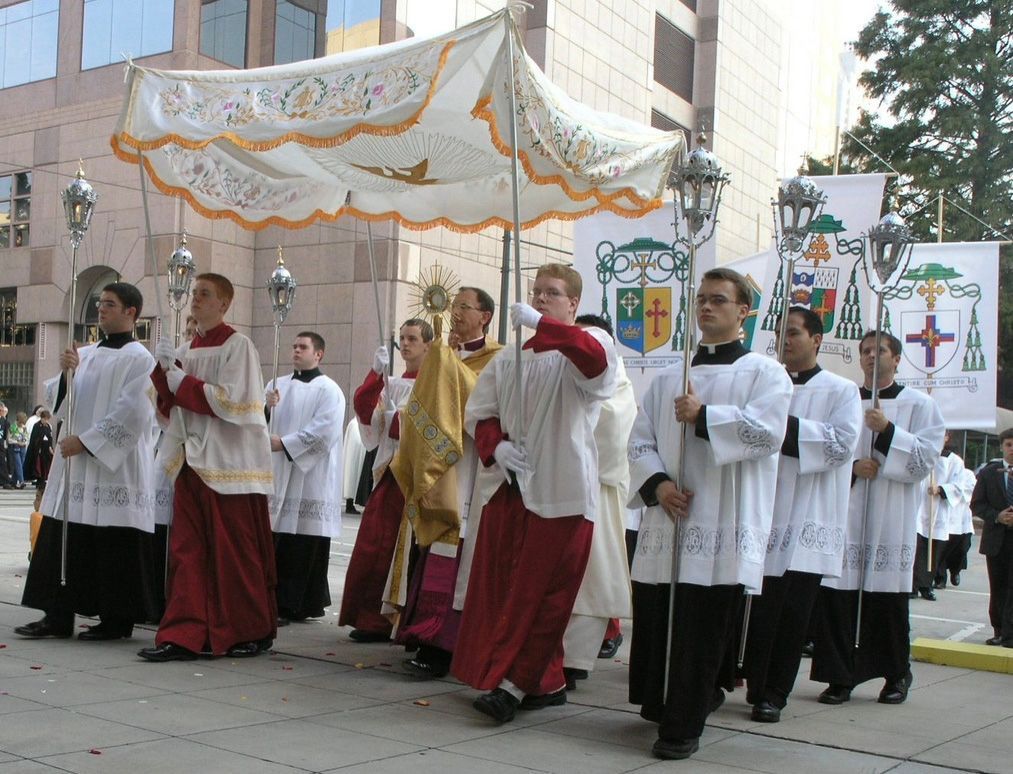The Three R's For Casting Out Demons
Exorcist Diary #200

After a recent online deliverance session with us, a woman shared her experience:
I've been able to attend most of the sessions and have found that with each successive one, I have been increasingly able to attain spiritual healing-I have sought deliverance for a long time. I am learning
with each session how to better deal with evil attacks from the devil. I have learned, in particular, that I must do the 3 Rs. I am now able to relate with the Lord Jesus in a loving way, without any sense of the previous hostility, resentment or anger.
These three R's of casting out demons are: reject, renounce, and rebuke. In our online sessions, as well as our face-to-face solemn exorcisms, we ask afflicted people to identify the evil spirits present and then say the three R's. So, for example, if an individual identifies the presence of an evil spirit of lust, the person would then say: "In the holy name of Jesus, I reject, I renounce, and I rebuke the spirit of lust. In Jesus' holy name, I cast it out!"
To "reject" is to make an act of the will which says in effect: "I do not want this evil spirit." To "renounce" is to give back any benefits desired or received in the demonic relationship. To "rebuke" is sharply denouncing the evil spirit. In deliverance work, an important step in the process of liberation is cutting the relationship between the individual and the evil spirit. While a simple rejection would likely suffice, we have found these three R's to be a bit more thorough and decisive.
After the afflicted person has formally rejected the evil spirit, the Exorcist can then invoke the authority of the Church and more easily cast it out. While the entire process of casting out demons can take some time, this formal process of rejecting the evil spirits, using the three R's, is an important step along the way.
I have also found these three R's helpful in overcoming the normal temptations of life, which are often fueled by evil spirits. Whenever we are tempted, we can say: "In the holy name of Jesus, I reject the evil spirits of [name the temptation]. I reject them; I renounce them; I rebuke them. In Jesus' holy name, I cast them out!" I have personally found it helpful. I suspect others would as well.
Inspired Reflections










